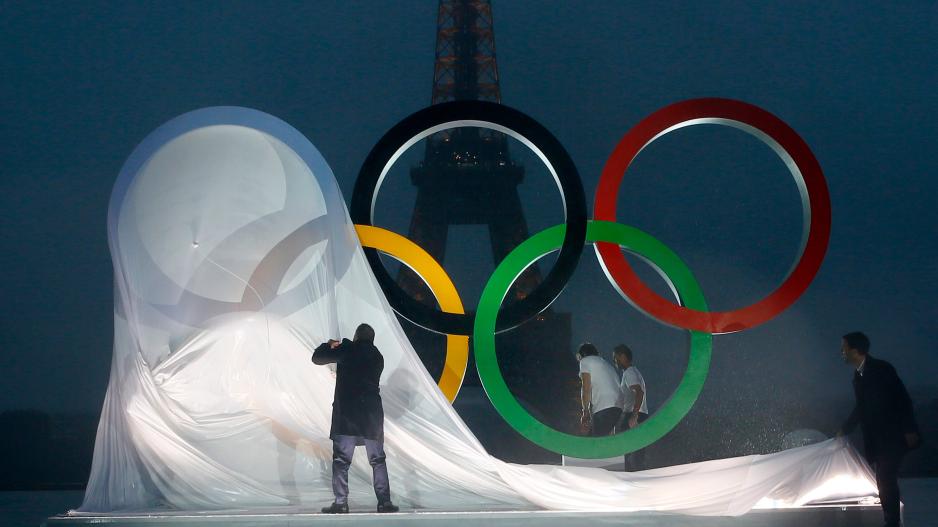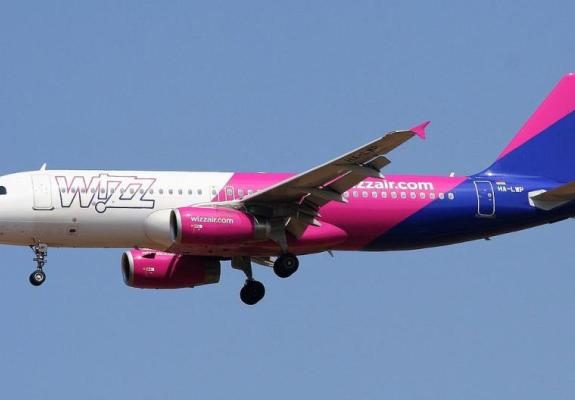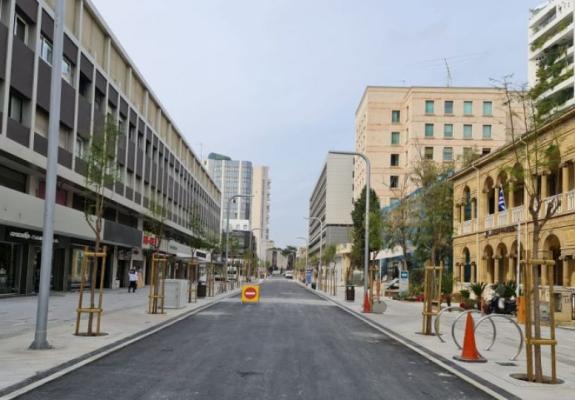Paris 2024: The Costly Gamble of Hosting the Olympics
Do Such Mega-Events Truly Boost the Economy of the Host City and Country?
As the Paris 2024 Olympic and Paralympic Games draw near, the debate intensifies: do such mega-events truly boost the economy of the host city and country, or do they cost more than they're worth?
In Paris, the excitement is tempered by skepticism. Despite President Emmanuel Macron's vision of a "popular celebration," the steep ticket prices - €2,700 for the opening ceremony and several hundred euros for other events - are causing discontent among Parisians.
The argument that the Olympics could economically uplift France, especially during times of inflation and a cost-of-living crisis, is persuasive. The expectation is that an influx of tourists and investors will energize the capital. However, the economic benefits of the Games are uncertain.
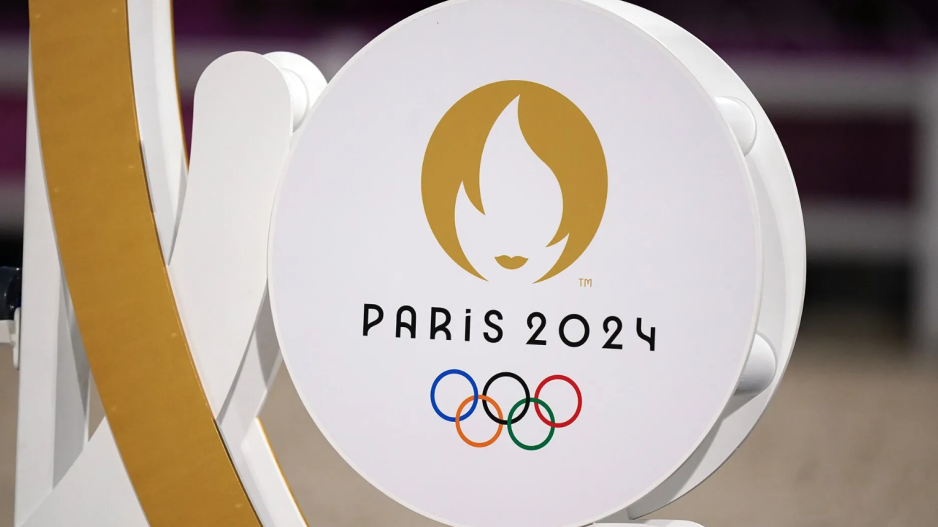
Martin Müller, a professor at the University of Lausanne, highlights a troubling pattern: host cities often invest heavily in specialized infrastructure that has limited post-event utility. He notes the ongoing burden of maintenance costs from the 2014 Sochi Winter Olympics, exceeding $1 billion (€920 million) annually.
Müller points to a common issue: underestimating costs and overpromising benefits, resulting in cities rarely breaking even. While profits have been made in modern Olympic history, they pale in comparison to the deficits.
The 1984 Los Angeles Olympics, a record profit-maker, occurred under unique circumstances: LA was the sole bidder, which allowed it to negotiate looser requirements with the International Olympic Committee (IOC), including using existing infrastructure.
The recent scenario with Paris and LA being the only bidders for the Games led the IOC to award two Olympics simultaneously to avoid a repeat of 1984.
The staggering cost of hosting the Olympics deters many cities from bidding, with even the bidding process proving costly. Tokyo, for instance, spent $150 million on its unsuccessful 2016 bid and half that for the 2020 bid.
Critics argue that the IOC, while imposing costly conditions on infrastructure and ticketing, shares little of the financial risks. According to Professor Andrew Zimbalist, author of "Circus Maximus: The Economic Gamble Behind Hosting the Olympics and the World Cup," the IOC could redistribute more of its international and TV sponsorship revenues.
The Olympic Broadcasting Services (OBS), monopolizing Olympic broadcasting standards, generates substantial revenue. Yet, these funds are not shared with the host city's organizing committee, leaving them with a hefty bill.
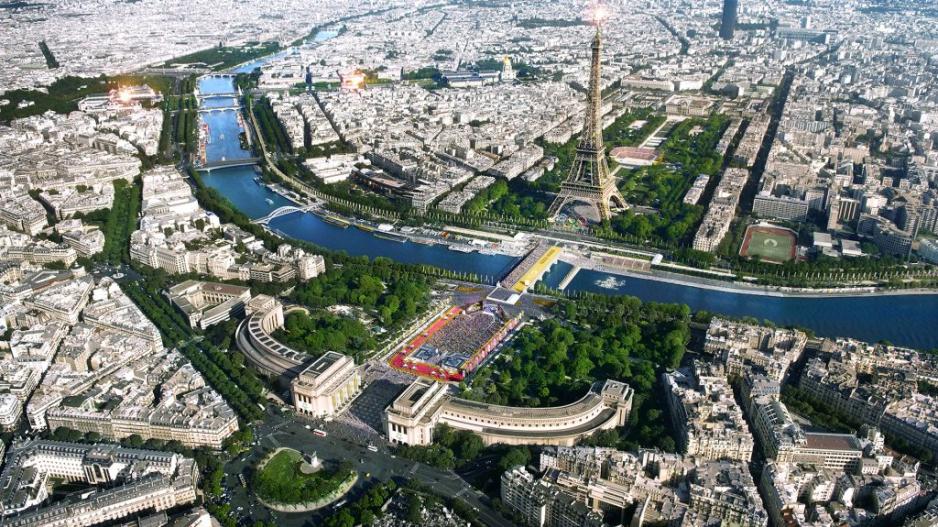
The economic impact of the Olympics on local job markets is also debatable. While the Paris 2024 organizing committee claims the event will mobilize over 181,000 jobs, this includes existing jobs and temporary positions created for the Olympics. This limited impact suggests that the anticipated trickle-down effect might not materialize as expected.
Moreover, the Olympics can disrupt daily life. In Paris, metro ticket prices will temporarily increase, and residents are advised to work from home during the Games. This has led many to plan their vacation away from the capital during the event.
The impact on tourism is mixed. While some cities like Barcelona benefited post-Olympics, others like London, Beijing, and Salt Lake City saw a decrease in tourism during their Olympic years. Müller suggests that in Paris, Olympic tourists might simply replace regular tourists, rendering the economic effect negligible.
Hosting the Olympics might not be the golden opportunity it's often portrayed as. The financial gamble and the disruptions it causes raise significant questions about the true value of hosting such mega sporting events.
